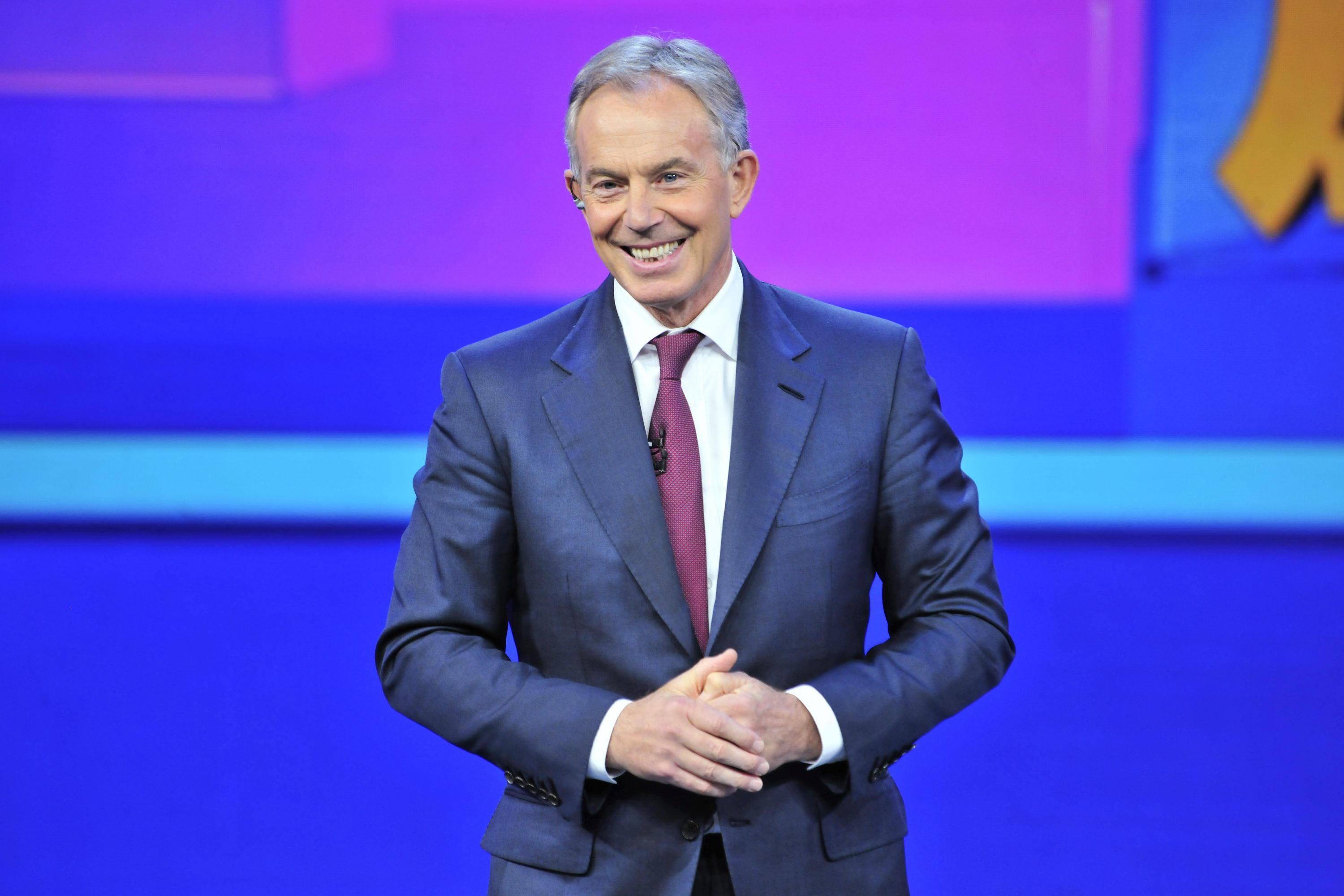It’s not exactly breaking news that, particularly since the 9/11 attacks, many Western leaders have been inconsistent in their support for democracy in the Middle East, but few leaders seem to vacillate between military interventionism and defense of the autocratic status quo to the same degree as former British Prime Minister Tony Blair.
Blair is in Cairo this week, defending the legitimacy of a military government currently putting the country’s deposed president on trial in a soundproof glass cage. “The fact is, the Muslim Brotherhood tried to take the country away from its basic values of hope and progress,” Blair said. “The army have intervened, at the will of the people, but in order to take the country to the next stage of its development, which should be democratic. We should be supporting the new government in doing that.”
You may also recall that during the uprising against Hosni Mubarak, Blair defended the longtime dictator as “immensely courageous and a force for good.”
Blair, of course, will probably be best remembered internationally for his backing of the Iraq war. Though he based his case for war primarily on the threat posed by weapons of mass destruction, he later defended his actions, saying that though the weapons had never been found, “The world is a better place with Saddam in prison.”
Blair’s outreach to Muammar al-Qaddafi while in office may have been justifiable at the time, but reports that he considered asking the Queen to bestow honorary knighthood on Bashar al-Assad are a bit more embarrassing. More recently, Blair urged Western governments to stop “wringing our hands” and intervene militarily in Syria.
“I hear people talking as if there was nothing we could do: the Syrian defense systems are too powerful, the issues too complex and, in any event, why take sides since they’re all as bad as each other?” Blair wrote in August. “It is time we took a side: the side of the people who want what we want; who see our societies for all their faults as something to admire; who know that they should not be faced with a choice between tyranny and theocracy.”
It often seems as though Blair’s two default positions on Middle Eastern governments are to wholeheartedly support them as modernizing defenders of freedom, or advocate military intervention against them.
Blair was in Cairo in his capacity as the Middle East peace envoy of the Quartet—the U.N., the U.S., the EU, and Russia—an office one Palestinian official memorably described as “useless, useless, useless.” (The Brookings Institution had a more nuanced but ultimately also quite critical take on his tenure in a 2012 report.)
Given his track record, Blair’s prospects as a peacemaker in the region seem pretty limited.
